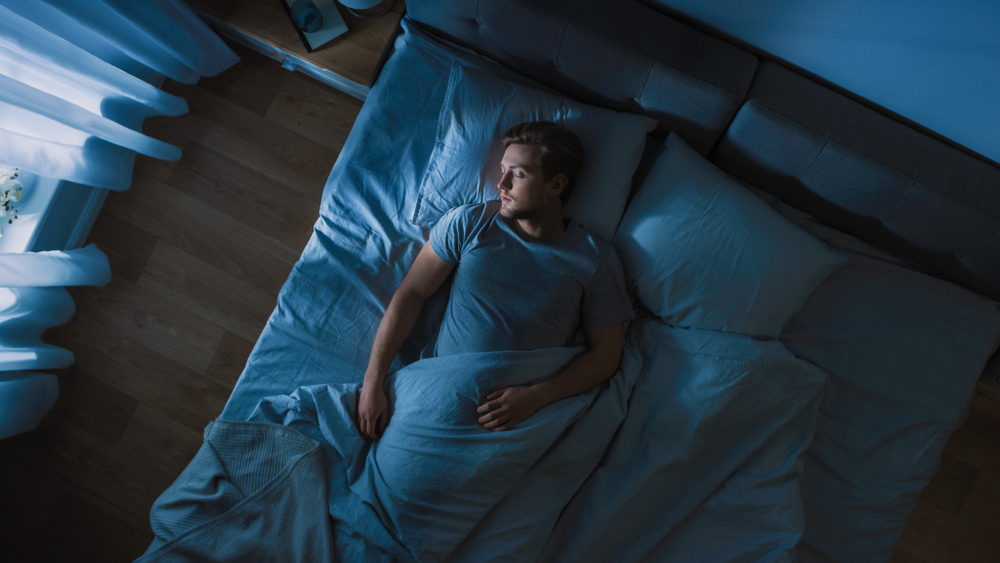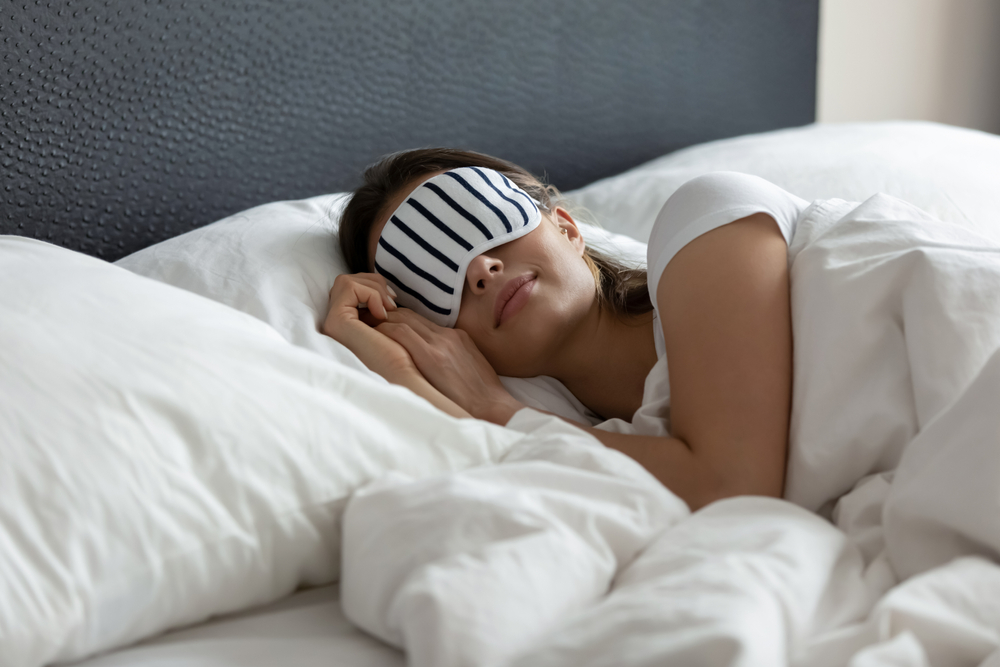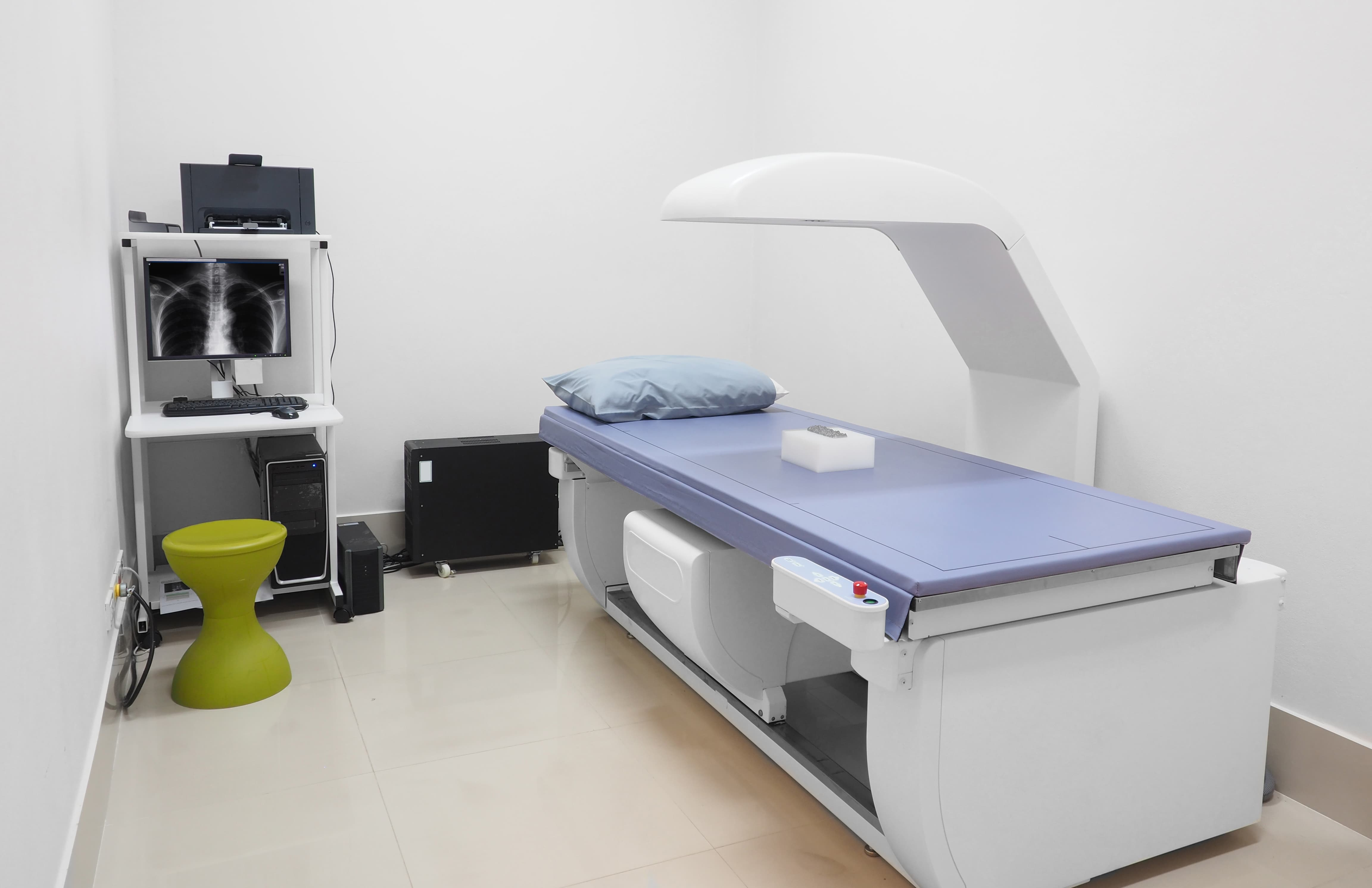We all sleep, and we all know what sleep is, but how many of us truly understand the important role sleep plays in our health and well-being?
Getting a night of quality sleep is just as vital as regular exercise and eating a nutrient-rich diet. Some experts believe sleep is even more important; think about it, without quality sleep, you won’t have the energy to exercise anyway.
Sleep also plays a significant role in our cognitive health and is vital for tasks like short and long-term memory recall and learning. A lack of sleep can also leave us with brain fog, poor concentration and mood swings.
What do we know about sleep?

Sleep is critical for various physical and mental reasons and plays an important role in other areas of our life, such as mood and hormone regulation. Recent research also suggests that getting a good night’s sleep can help clear harmful toxins from your brain while you sleep.
Although scientists understand the vital role sleep plays in our health, the exact biological purpose of sleep is still a mystery. What is known, however, is that sleep affects our entire body, including everything from the heart and lungs to our metabolism and immune system.
Lack of sleep or ‘sleep deprivation’ can significantly increase the risk of developing serious health conditions such as high blood pressure, obesity, diabetes and even depression.
Sleep is an intricate and involved process, and while science has revealed much about the importance of sleep, there is still a lot to learn. Hopefully, by the end of this article, you’re a little bit closer to better understanding the important role sleep plays in your daily activities and performances.
Three reasons we need to sleep
We need sleep for many reasons, all of which improve our physical and mental well-being. Here are three of the most important reasons to get a good night’s rest.
1Physical growth and development
Sleep is critical for all of us, but it’s of particular importance for children. Sleep helps to support children’s growth and physical development by releasing growth hormones during sleep. Furthermore, sleep allows the body to repair muscle damage from daily activities.
2Cognitive health
Poor sleep quality can adversely affect cognitive health by reducing our ability to focus and limiting our memory. Just as sleep helps to repair muscle damage, it also helps to repair nerve cells. Additionally, specific nerves are activated during sleep which are typically not during the day, helping strengthen our brain.
3Lifespan and well-being
Although more research is needed, scientific studies show that animals with sleep deprivation live shorter lives. Researchers also believe that sleep deprivation weakens the immune system leaving us vulnerable to illness.
 Source: National Library of Medicine
Source: National Library of Medicine Lack of sleep also puts people at higher risk of severe health conditions like diabetes and obesity. A large study that involved more than 56 thousand American adults showed that a sleep duration of less than 7 h per night increases the probability of obesity by 6%.
 Source: National Library of Medicine
Source: National Library of Medicine The two stages of sleep

As we sleep, our brain transitions through four stages of sleep which scientists have categorised into two separate phases; Non-REM sleep and REM sleep.
-
Non-REM sleep occurs in three distinct stages, with the last two being times of deep sleep.
-
REM sleep occurs roughly 90 minutes after falling asleep and is the stage in which we dream.
While we’re sleeping, we cycle through each of the non-REM sleep and REM sleep phases. The sleep cycle typically starts with the first stage of non-REM sleep before moving on to the other stages.
Once the non-REM sleep stage has finished, it’s followed by a short “REM” sleep phase before repeating the entire cycle up to 4-5 times.
How much sleep do we need?

So here’s the million-dollar question, how much sleep do we really need? Is there a cookie-cutter or ‘optimum’ amount of sleep time for everyone? Or does it vary? There are many factors that determine how much sleep we need, with the most significant being age:
– Infants require close to 16 hours of sleep daily.
– Toddlers and kindergarteners need roughly 12 hours daily.
– Teenagers require nine hours of sleep daily.
– Adults require between 7-8 hours of sleep each night, although some people can operate productively on just 5 hours while others need closer to 10.
– Pregnant women require more rest in the first trimester.
Sleep disorders: what are they?

Would you believe there are a whopping 70 sleep disorders? While most are harmless, some can lead to serious long-term health conditions. Many sleep disorders can affect our performance at school, work, and even driving a car.
Several reasons can cause sleep disorders, such as alcohol and substance abuse, poor diet, and lack of exercise.
Common sleep disorders are:
-
Narcolepsy
-
Sleep apnea
-
Snoring
-
Restless legs syndrome (RLS)
As with any health condition, if you’re struggling to find the cause for your poor sleep, please seek the advice of your local healthcare provider.
Do’s and Don’ts for a better night’s sleep

Maintaining good sleep habits is critical when it comes to getting high-quality, consistent sleep.

Do’s
1. Wake up at the same time each morning. Yes, even when you’re on holiday.
2. Create a ‘to-do list’ before bed. This way, you won’t be stressed during the night.
3. Invest in quality bedding, limit screentime and keep your room quiet and dark.
4. Exercise daily for at least 30 minutes.
5. Get a pre-sleep routine. Read a book, listen to music or practice breathing exercises.
Don’t’s
1. Don’t drink excessive amounts of alcohol and caffeine, particularly late in the evening.
2. Don’t lie in bed and force yourself to sleep. If you can’t sleep, get up and read a book.
3. Don’t take naps after 3 pm.
4. Don’t use your smartphone before bed, as it interferes with melatonin production, a hormone that helps you sleep.
Interesting facts about sleep
-
In 1964, Randy Gardner, a Californian University student, went 11 days without sleeping.
-
25% of married couples sleep in separate bedrooms.
-
A cat sleeps for two-thirds of its life, while a giraffe only requires 2 hours of sleep a day.
Sum it up

As you can see, sleep is not just 8 hours of doing nothing. Not only is sleep critical for your physical health, but your cognitive health too. Remember, factors like excessive alcohol and caffeine consumption can negatively impact your sleep.
Sleep is far more important than most of us think, so starting tonight, create a ‘before-bed’ routine and make sleep a priority in your life.
Hungry for knowledge? Here is more
Watch this video from Dr. Eric Berg if you want to find out about connections between sleep and lifespan, causes of sleep problems and tips for better sleep. Dr. Eric Berg is a chiropractor, author, and health educator who has gained a large following online for his holistic approach to health and wellness. He is known for his popular YouTube channel, where he shares videos on topics such as weight loss, nutrition, and the ketogenic diet.










